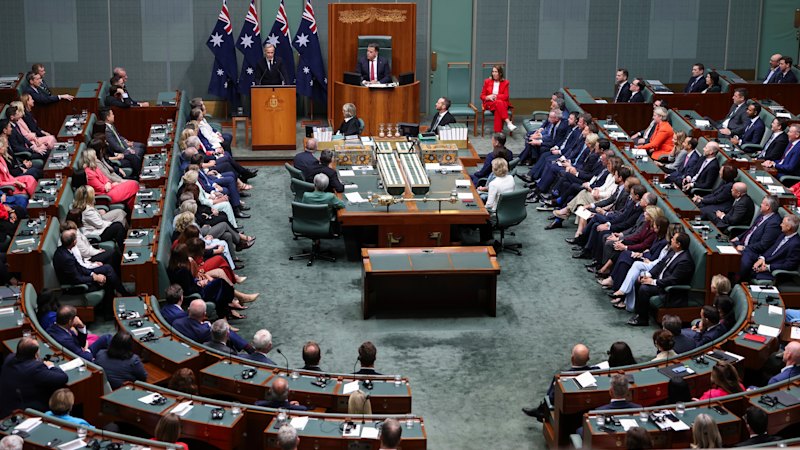
Regulatory bodies across various sectors are increasingly taking a proactive approach by not only enforcing existing rules but also crafting new regulations. This shift, which has gained momentum since March 2024, reflects a broader recognition that regulations need to evolve with rapidly changing market dynamics and technological advancements. The move aims to address emerging challenges while ensuring fair practices for businesses and consumers alike.
The landscape of regulation has transformed significantly. Traditionally, regulators focused primarily on enforcement, reacting to violations and lapses in compliance. However, the growing complexity of global markets has prompted regulators to anticipate issues and establish clearer guidelines. For instance, in the United States, the Federal Trade Commission is now actively involved in drafting regulations that govern digital advertising practices, aiming to protect consumer rights and promote transparency.
New Regulations for a Changing World
In the European Union, regulatory bodies have introduced measures aimed at fostering competition and protecting consumers in the digital economy. The Digital Services Act, which came into effect in early 2024, establishes a framework for accountability among online platforms. This legislation requires companies to take greater responsibility for the content they host, thereby shifting the regulatory focus from reactive to proactive.
Meanwhile, Australia has implemented the Consumer Data Right, which empowers consumers to control their data and enhances competition among service providers. This initiative not only benefits consumers but also encourages innovation within the business sector. By taking a more hands-on approach, regulators are working to create a fairer environment that promotes both consumer protection and economic growth.
Regulators are also responding to the rise of new technologies. With the increasing prevalence of artificial intelligence (AI) and machine learning, there is a pressing need for regulations that address ethical concerns and safeguard against potential abuses. In March 2024, the United Kingdom’s Information Commissioner’s Office announced plans to develop a framework for AI regulation, prioritizing transparency and accountability.
Balancing Enforcement and Innovation
This proactive regulatory stance has not been without its challenges. Businesses often express concerns that excessive regulation may stifle innovation and competitiveness. According to a recent survey conducted by the International Chamber of Commerce, 64% of businesses believe that while regulation is necessary, it should not impede their ability to innovate and grow. This sentiment underscores the delicate balance regulators must strike between safeguarding consumers and fostering a conducive environment for business.
The “gotcha” culture, characterized by regulators catching businesses off guard with unexpected penalties, is giving way to a more collaborative approach. Regulators are increasingly engaging with industry stakeholders to understand their challenges and perspectives, leading to more informed and effective regulation. This partnership model not only enhances compliance but also builds trust between businesses and regulatory bodies.
As the regulatory landscape continues to evolve, the focus on crafting new rules reflects a recognition that static regulations can quickly become obsolete. By actively shaping the rules of engagement, regulators aim to create a framework that is responsive to both current and future challenges.
The shift from mere enforcement to proactive regulation is set to redefine the relationship between regulators, businesses, and consumers. As this trend gains traction globally, it promises to pave the way for a more balanced and sustainable approach to regulation, ultimately benefiting all stakeholders involved.







